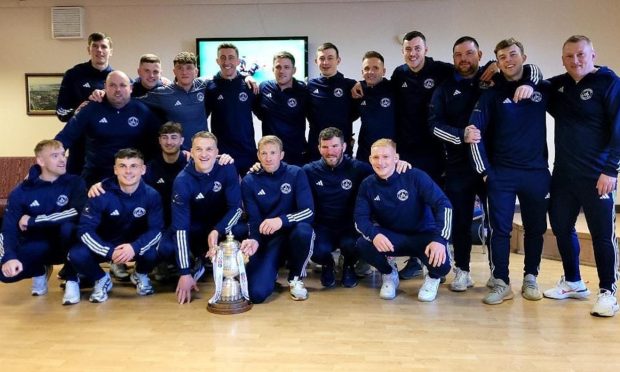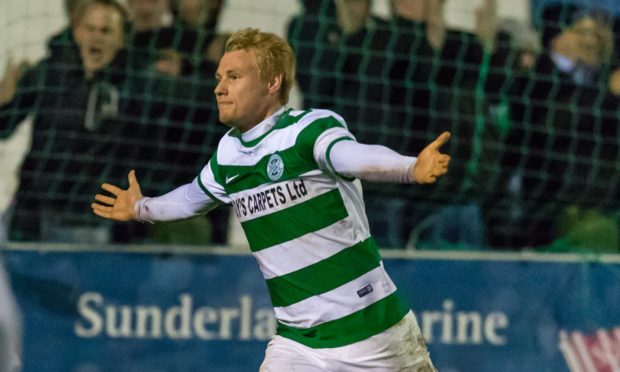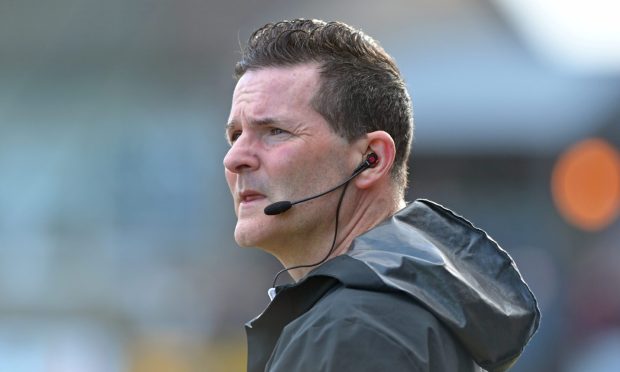Football people will often be heard arguing that the scoreline is all that matters, after a match in which they have scraped a win despite an unimpressive performance. But the coin has two sides.
If we are to focus chiefly on the scoresheet when the gameplan has gone wrong, we cannot ignore it on those occasions when so much good has borne so little fruit.
One goal was laughably scant reward on an evening where almost the entire 90 minutes was spent in sight of the Moldovan goal. For it was not merely a case – as we have seen countless times before – of Scotland having the vast majority of possession but bouncing off an 11-man defence: the hosts created a multitude of glorious chances to score, but missed them all bar the one where it was almost impossible to.
The best of them fell to three players – Andy Robertson, Kieran Tierney and Billy Gilmour – with almost no experience of scoring in senior football, and it showed.
A massive thank you to everyone of the 40,869 of you in attendance tonight – it was great to have you back with us at Hampden.#SCOMDA pic.twitter.com/qvnNbZGUTZ
— Scotland National Team (@ScotlandNT) September 4, 2021
Robertson, as has become something of a signature move, slashed his chance wildly off target, while Gilmour arguably attempted to be too precise, and Tierney followed the flawed logic that making the goalkeeper make a save is preferable to finding a spot where he physically cannot.
Though these were examples of the wrong man at the wrong time, too few of Scotland’s players – even among the attackers – are sufficiently familiar with conducting the game’s final act for them to feel confident about converting pressure into goals.
In international football, that cannot be fixed in a day. But Steve Clarke may need to find an answer in three, before a group-shaping meeting with an Austrian defence just eviscerated by Israel. Chances will come, but in fewer number; they must not squander them when they arrive.










